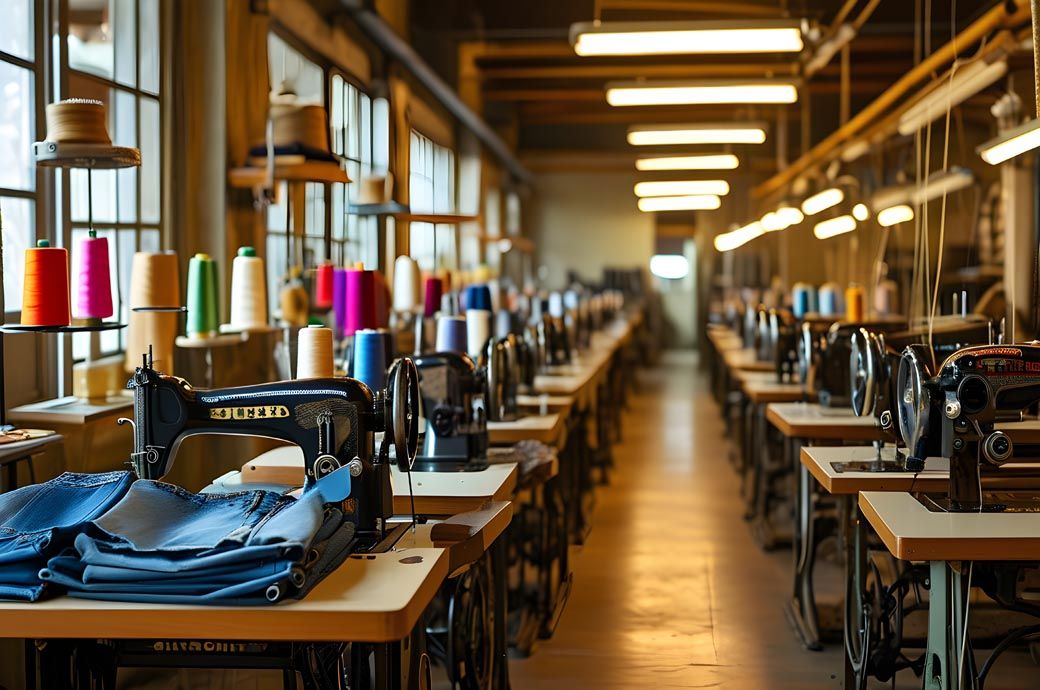
The brands are Adidas, ASDA, C&A, H&M, Inditex, Marks & Spencer, Next, Puma, PVH Corp, Tesco, Primark and Walmart, according to domestic media reports.
BHRRC sought information on how brands were handling disruptions in Bangladesh, maintaining responsible purchasing practices and supporting suppliers and affected garment workers amid quota reform protests.
Several brands were reluctant to provide information on the impact of the protests on how they have ensured responsible purchasing practices and protection of worker welfare during the unrest.
Thirteen surveyed brands indicated they have not imposed penalties for late deliveries following the supply chain disruptions.
The Resource Centre inquired about how brands monitored workers' wage payments and ensured that wages were paid on time and in full for the July-August period.
About wage payment, seven buyers—Gap, PUMA, PVH, Primark, Tesco, Next and H&M—reported full- and on-time wage payment for July were made while Adidas, ASDA and M&S outlined how they monitored wage payments for July and August, but they did not confirm that wages were paid on time and in full. C&A, Inditex and Walmart, however, did not answer this critical question.
ASDA offered a supply chain finance option, while M&S provided vendor finance and letter of credit options to ease cash flow issues, the survey found.
C&A offered low-interest or no-interest financing to suppliers and also covered the cost of air shipments to mitigate delivery challenges.
Primark extended production and delivery timelines, offering non-financial support to help suppliers manage production disruptions and meet deadlines without penalties, the survey report added.
Industry insiders, however, argued that the indirect losses are even greater especially as they have to incur financial losses due to costly air shipments while they are afraid of longer-term impact on the country's apparel industry.
The reported impact on workers included mandatory overtime to meet lead times, increased production targets to offset financial losses or avoid order cancellations, increased transportation costs for workers to reach factories, and non-payment of wages or delayed wage payments, according to the BHRRC.
Talking to the FE, Fazlee Shamim Ehsan, executive president of Bangladesh Knitwear Manufacturers and Exporters Association (BKMEA), said big brands are very strategic as they would not shift orders by making an announcement.
"Immediate shift or order transfer might not be possible as there are many stages to complete a work order including raw material purchase, production stage and shipment," he said, adding: "But many factories have faced costly air shipments recently."
He said airfare has gone up to US$6.0-7.0 per kg which was only $2.50 per kg even a month ago.
During the last month, order placement was slower indicating that orders might have shifted especially those of small buyers from small factories, he said, adding: "Once small factories lose any of their buyers, it is difficult to get them back."
Responding to a question about wage arrears, Mr Ehsan said there are some factories that are yet to pay wages as they are small in size and struggling to get back work orders while they were also facing problems as banks are not providing any support.
According to industrial police sources, there are some 70 factories under its jurisdiction that did not pay July wages while the percentage for August wage payment was 93 per cent until Wednesday.
According to IP sources and labour leaders, the majority of the workers agitated over wage arrears and for increasing different allowances including attendance, tiffin and night bills since August 29 while wage hike had been added to their demands last week.
Fibre2Fashion News Desk (DS)